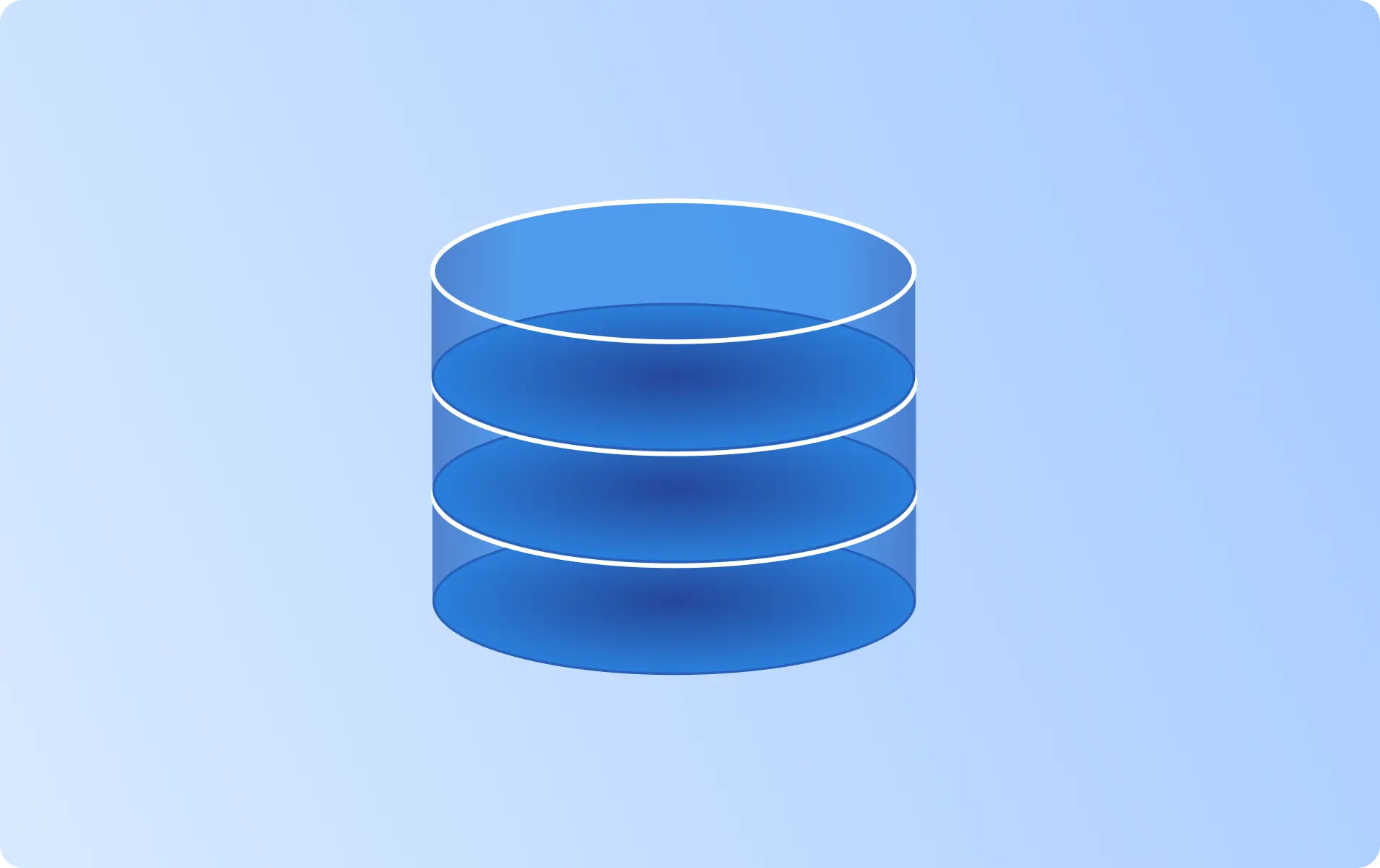What is Ecommerce Store Data? Examples, Datasets and Providers 2025

- Overview
- Datasets
- Providers
- Use Cases
- Attributes
- FAQ
- Overview
- Datasets
- Providers
- Use Cases
- Attributes
- FAQ
What is Ecommerce Store Data?
Ecommerce store data is information collected and stored by online retailers about their customers, products, and transactions. This data is crucial for analyzing customer behavior, improving marketing strategies, optimizing inventory management, and making informed business decisions in the online retail industry.
What Are Examples of Ecommerce Store Data?
Examples of Ecommerce store data include:
- Customer information
- Purchase history
- Product details
- Inventory levels
- Website analytics
- and more
Best Ecommerce Store Databases & Datasets
Here is our curated selection of top Ecommerce Store Data sources. We focus on key factors such as data reliability, accuracy, and flexibility to meet diverse use-case requirements. These datasets are provided by trusted providers known for delivering high-quality, up-to-date information.

Ecommerce Store Data | APAC E-commerce Sector | Verified Business Profiles with Key Insights | Best Price Guarantee

Buy eCommerce Leads | eCommerce Store Owner Database 2025 | 3M+ Contacts | Contact Direct Email and Mobile Number

DataWeave: Digital Shelf Analytics - Ecommerce Store Data

Ecommerce Data | Store Location Data | Global Coverage | 60M+ Contacts | (Verified E-mail, Direct Dails)| Decision Makers Contacts| 20+ Attributes

eCommerce Company Data | 320K Stores | API & Bi-Weekly Updates | Technographic Insights

Retail Store Data | Retail & E-commerce Sector in Asia | Verified Business Profiles & eCommerce Professionals | Best Price Guaranteed

aKQired Ecommerce Database - Shopify Stores, Retail Database [Owners, Emails, Phone]
Transact US Fashion & Apparel, Accessories, Footwear Transaction Data | Retail Store Data, Online Data | 100M Credit & Debit Cards, 600 Tickers

Charm.io- The world’s most comprehensive dataset on ecommerce and TikTok Shop brands globally
Vision Retention Data | CPG, Grocery, Food Delivery Psychographic | US Transaction | 100M+ Cards, 12K+ Merchants, Retail & Ecommerce
Can't find the data you're looking for?
Let data providers come to you by posting your request
Post your request
Top Ecommerce Store Data Providers & Companies
Popular Use Cases for Ecommerce Store Data
Ecommerce Store Data is essential for a wide range of business applications, offering valuable insights and driving opportunities across industries. Below, we have highlighted the most significant use cases for Ecommerce Store Data.
Main Attributes of Ecommerce Store Data
Below, we outline the most popular attributes associated with this type of data—features that data buyers are actively seeking to meet their needs.
| Attribute | Type | Description | Action |
|---|---|---|---|
| String | The name of a company or business, might be the legal or brand name. | View 7 datasets | |
| String | The currency code as per ISO 4217. | View 7 datasets | |
| String | The name of a brand. | View 5 datasets | |
| String | The LinkedIn profile of a company. | View 5 datasets | |
| String | The name of a country. | View 5 datasets | |
| String | The ticker symbol of a stock. | View 5 datasets |
Frequently Asked Questions
How is the Quality of Ecommerce Store Data Maintained?
The quality of Ecommerce Store Data is ensured through rigorous validation processes, such as cross-referencing with reliable sources, monitoring accuracy rates, and filtering out inconsistencies. High-quality datasets often report match rates, regular updates, and adherence to industry standards.
How Frequently is Ecommerce Store Data Updated?
The update frequency for Ecommerce Store Data varies by provider and dataset. Some datasets are refreshed daily or weekly, while others update less frequently. When evaluating options, ensure you select a dataset with a frequency that suits your specific use case.
Is Ecommerce Store Data Secure?
The security of Ecommerce Store Data is prioritized through compliance with industry standards, including encryption, anonymization, and secure delivery methods like SFTP and APIs. At Datarade, we enforce strict policies, requiring all our providers to adhere to regulations such as GDPR, CCPA, and other relevant data protection standards.
How is Ecommerce Store Data Delivered?
Ecommerce Store Data can be delivered in formats such as CSV, JSON, XML, or via APIs, enabling seamless integration into your systems. Delivery frequencies range from real-time updates to scheduled intervals (daily, weekly, monthly, or on-demand). Choose datasets that align with your preferred delivery method and system compatibility for Ecommerce Store Data.
How Much Does Ecommerce Store Data Cost?
The cost of Ecommerce Store Data depends on factors like the datasets size, scope, update frequency, and customization level. Pricing models may include one-off purchases, monthly or yearly subscriptions, or usage-based fees. Many providers offer free samples, allowing you to evaluate the suitability of Ecommerce Store Data for your needs.
What Are Similar Data Types to Ecommerce Store Data?
Ecommerce Store Data is similar to other data types, such as Consumer Review Data, Product Data, Ecommerce Data, Online Purchase Data, and Online Shopping Data. These related categories are often used together for applications like Ecommerce Intelligence and Ecommerce Data Enrichment.







